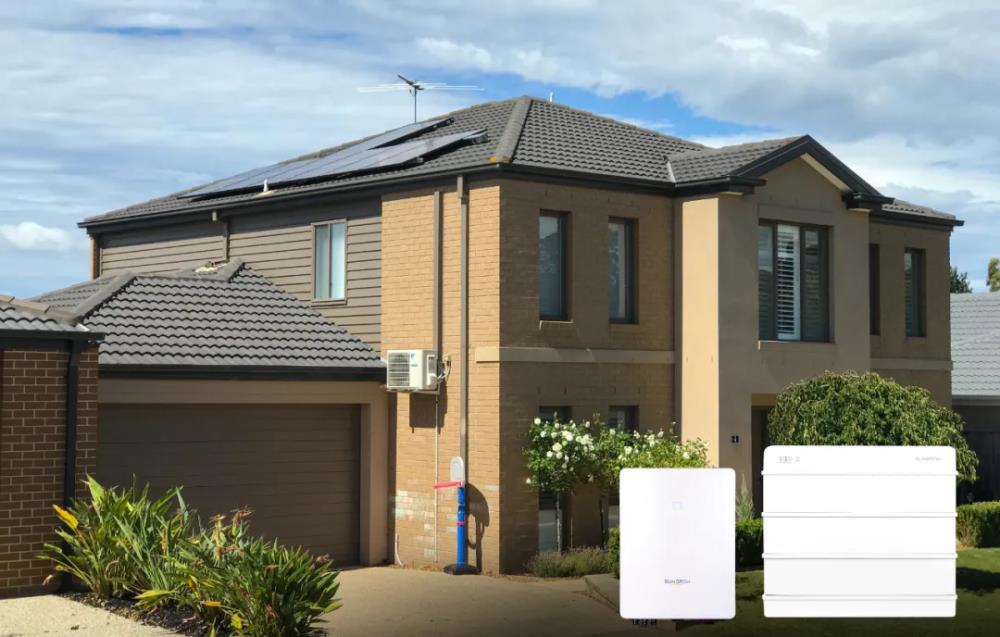
In recent years, the interest in home energy storage systems has skyrocketed, particularly as renewable energy becomes more mainstream. Homeowners are seeking ways to optimize their energy usage, lower electricity bills, and even contribute to a greener future. Lithium batteries have emerged as a favored choice due to their efficiency, longevity, and compact size. However, a common question arises: do these lithium battery systems need to be turned on during charging?
Lithium batteries function effectively through a process of charging and discharging. When charging, energy is stored in the battery for later use. Unlike traditional lead-acid batteries, lithium batteries possess advanced technology that enables more efficient energy management. Understanding the operational requirements of lithium batteries is key to maximizing their performance and lifespan.
When it comes to the operation of home energy storage systems, many manufacturers design their products to function optimally with the system turned on during charging. Keeping the system powered on allows for real-time monitoring and management, effectively maximizing charging efficiency. Additionally, many modern systems have built-in safety features that can monitor temperature and voltage levels, ensuring the battery is charged safely.
Turning the system on during charging offers multiple advantages. Firstly, it ensures that the battery management system is actively regulating the charging process to prevent overcharging. Secondly, an active system can engage in energy management, directing energy flow from solar panels or the grid in efficient ways. This not only enhances the battery’s longevity but also contributes to optimal energy savings for homeowners.
While keeping the lithium battery system on during charging is typically recommended, some specific scenarios may allow users to turn it off. For example, during outages or in cases where the system must conserve energy, power management settings might be pre-configured by the user. However, it is vital to consult the manufacturer’s guidelines and ensure that turning the system off does not void warranties or compromise safety features.
In conclusion, while it is usually necessary for home energy storage lithium batteries to be kept on during charging, understanding your specific system's requirements is crucial. Homeowners must consider the benefits of active monitoring and regulation provided by an on system versus scenarios that may warrant turning the system off. By staying informed about your energy storage system, you can maximize its efficiency and contribute to sustainable energy practices.
Next:Effective Home Energy Management Strategies for a Sustainable Future
Previous:How to Effectively Charge Home Energy Storage Batteries